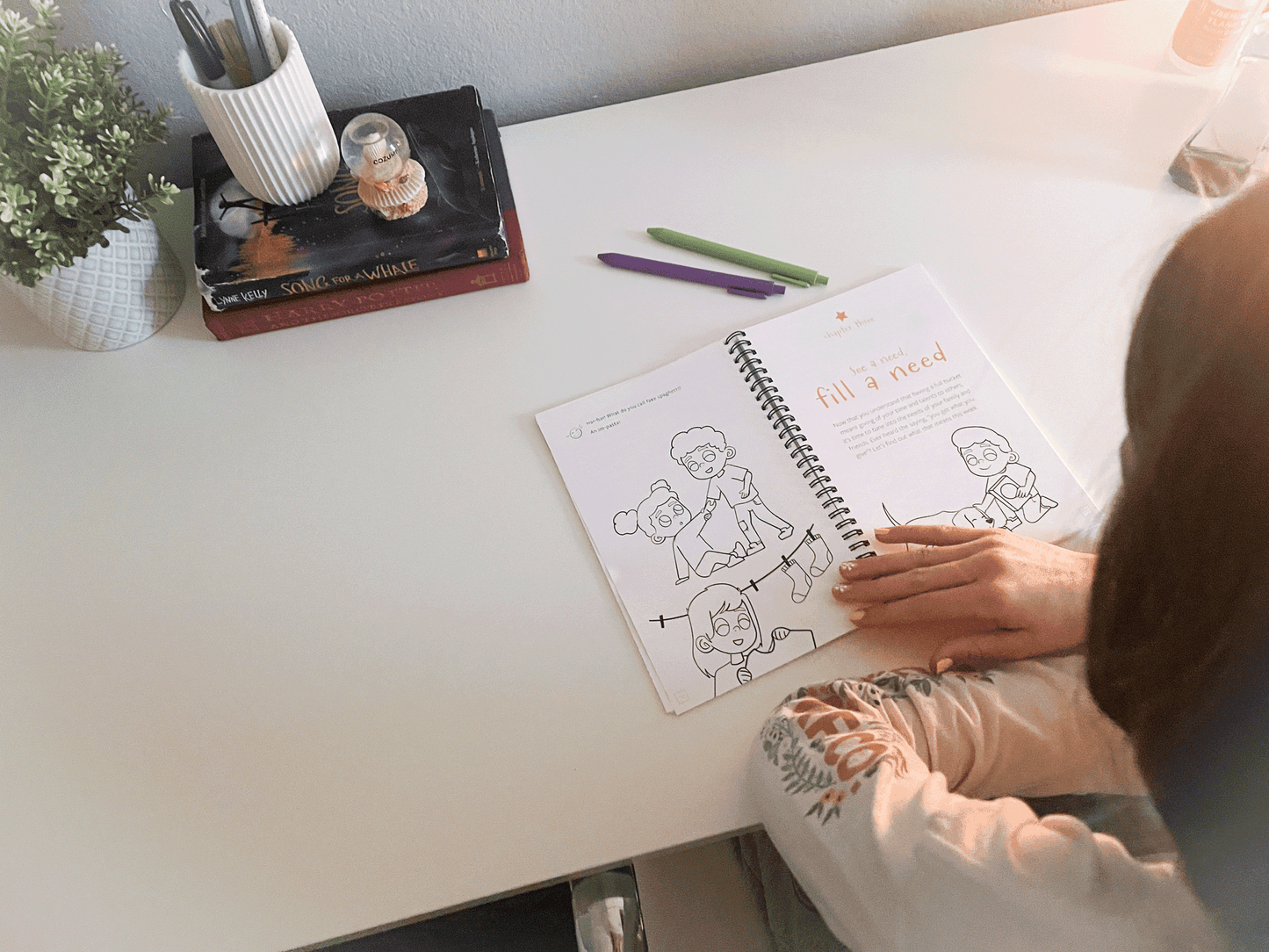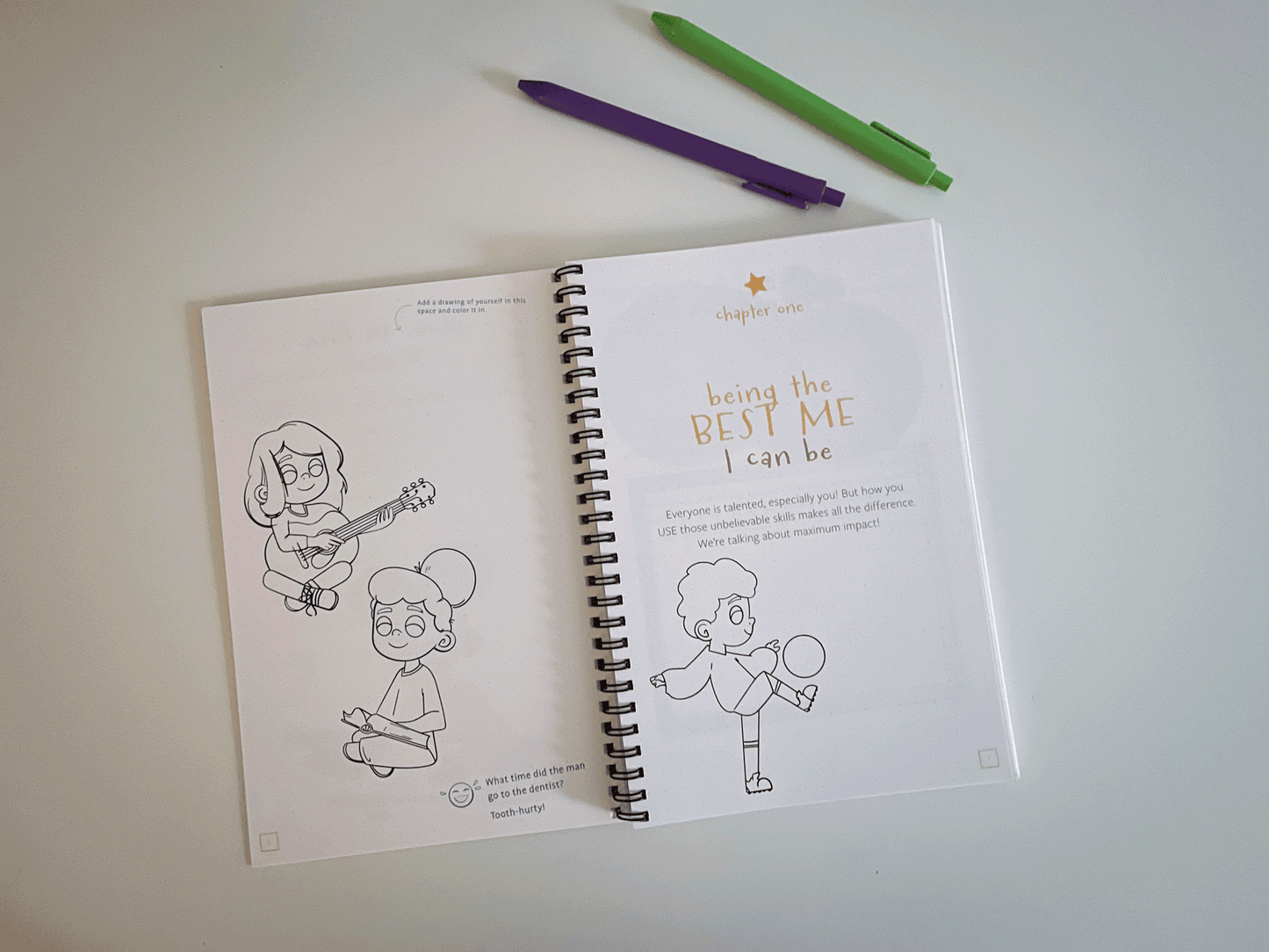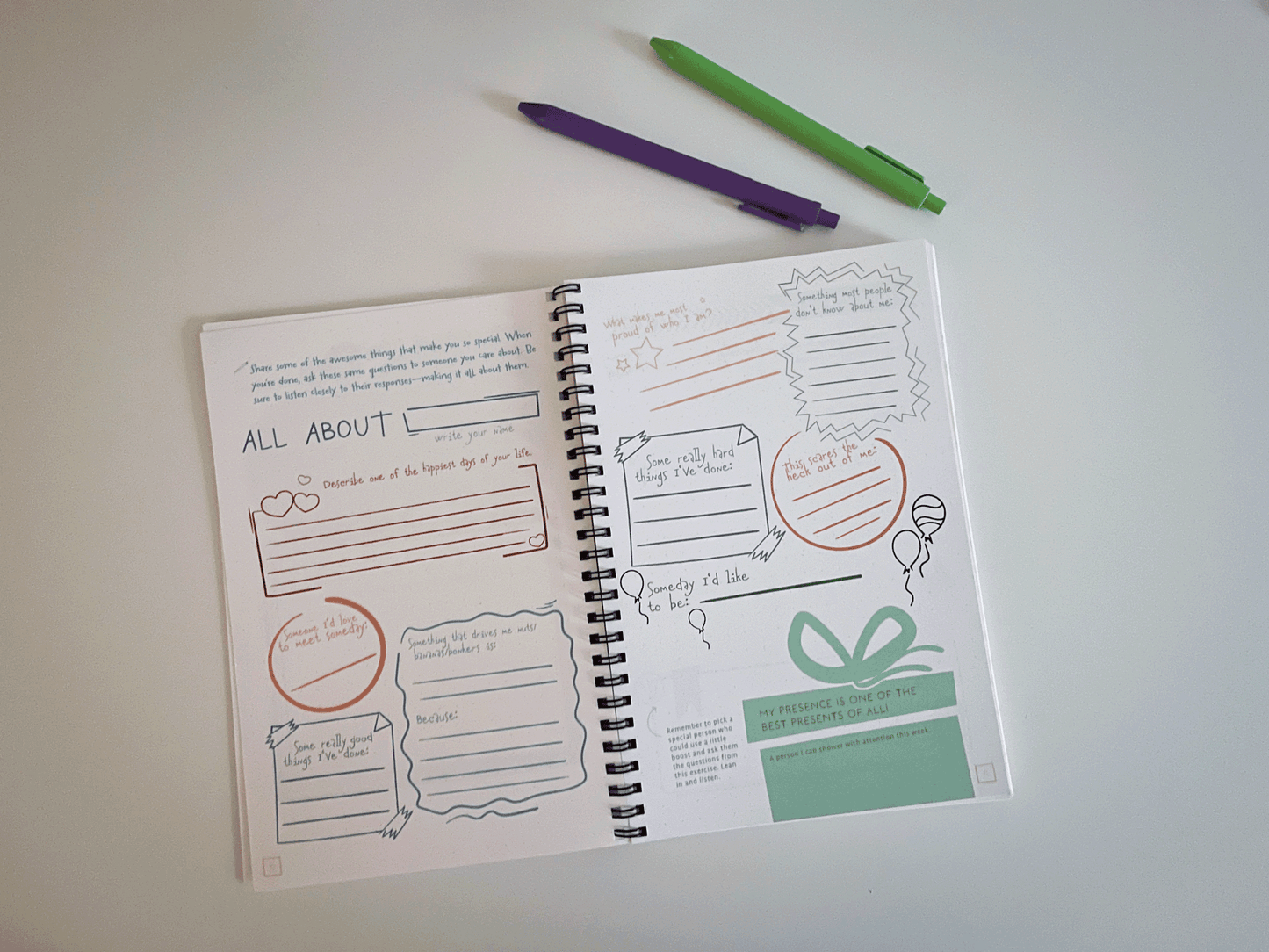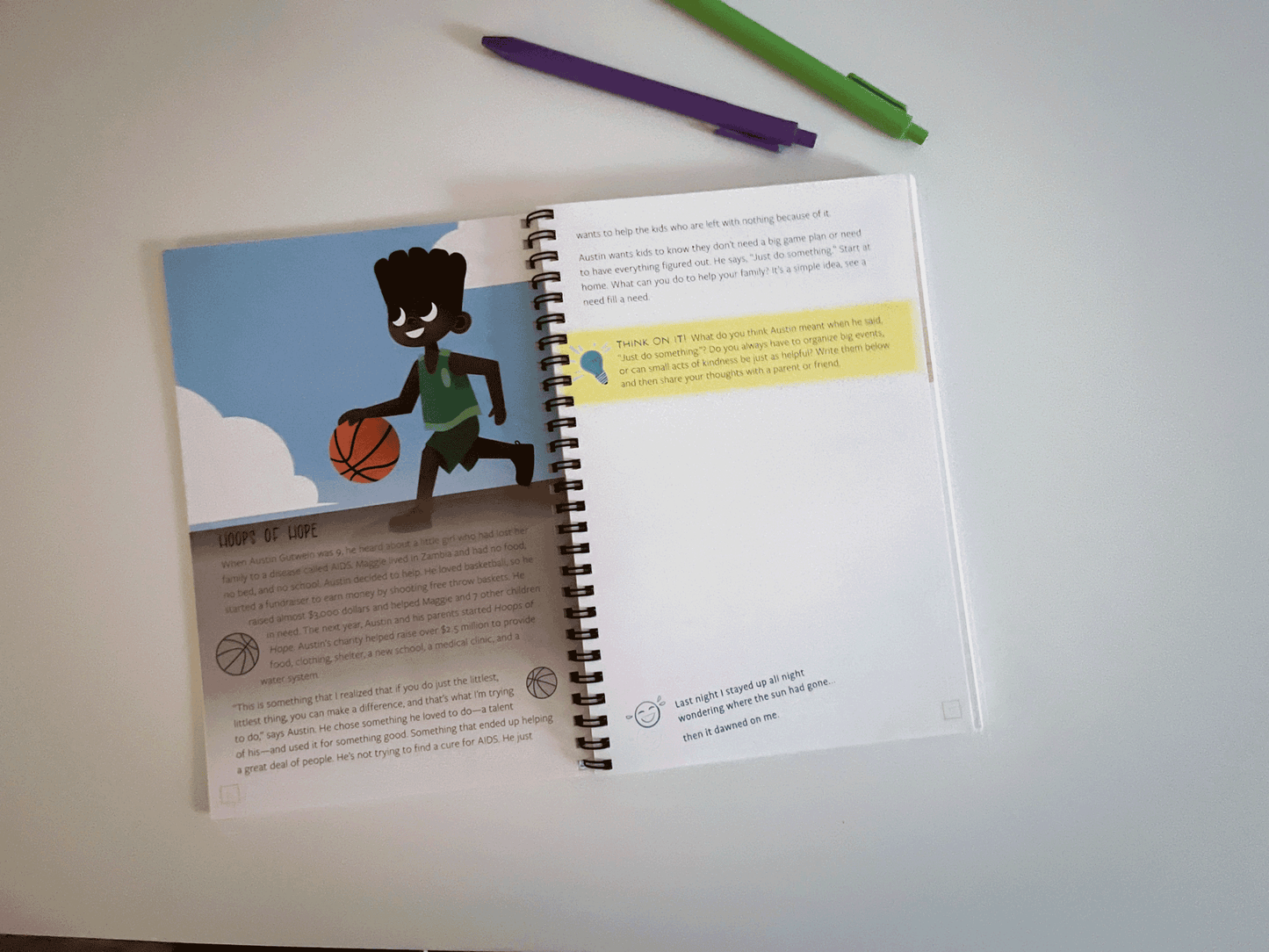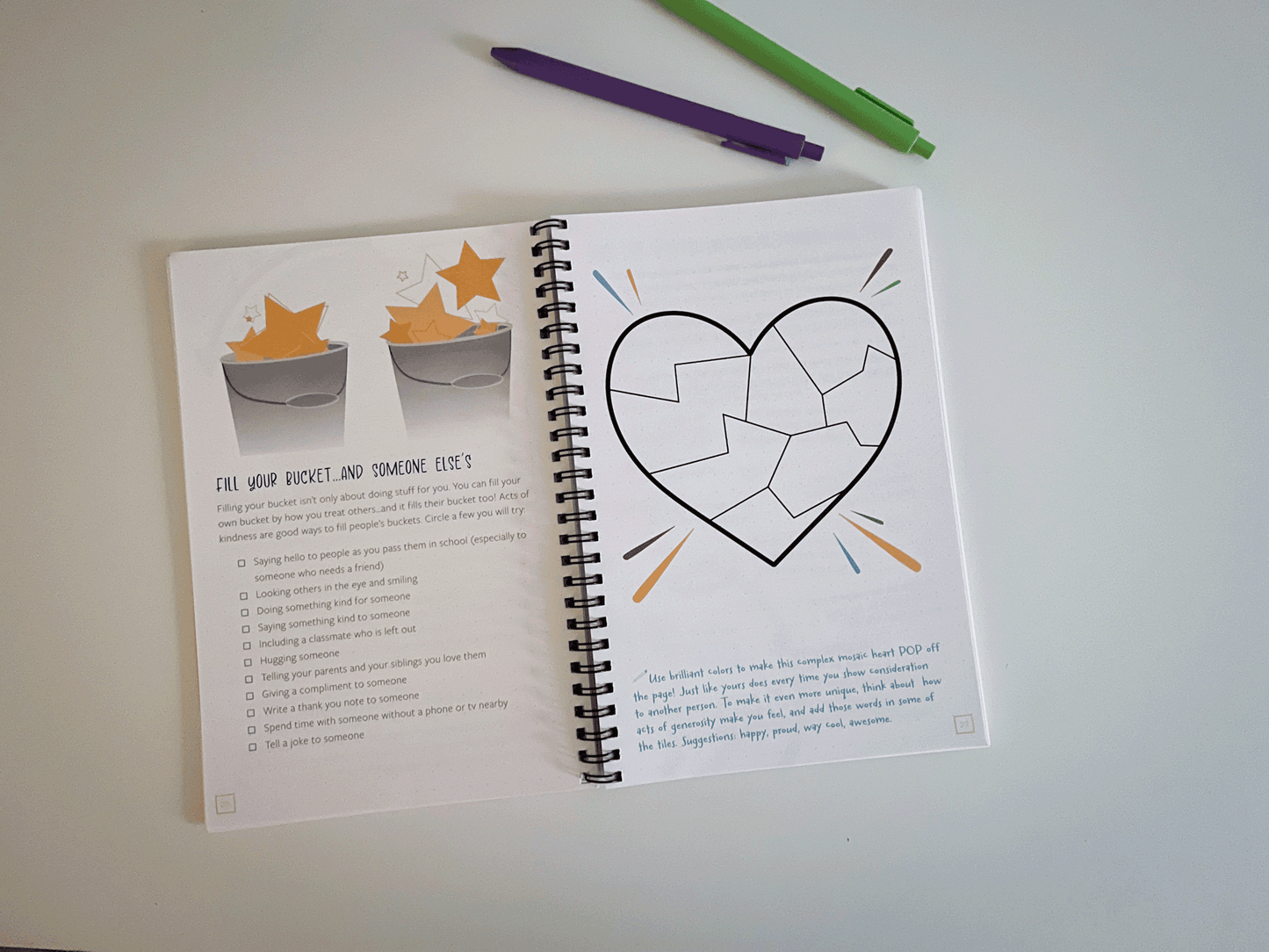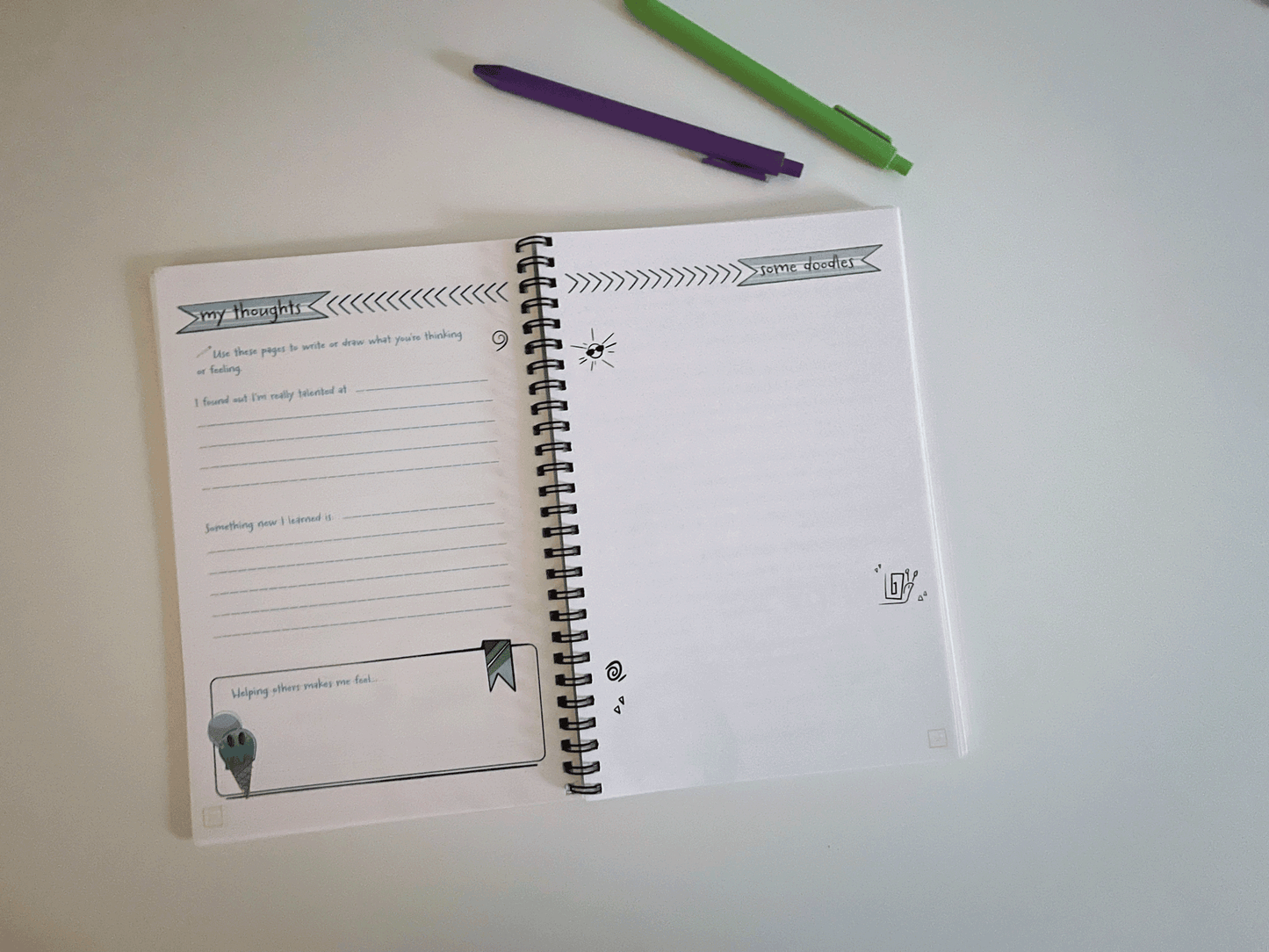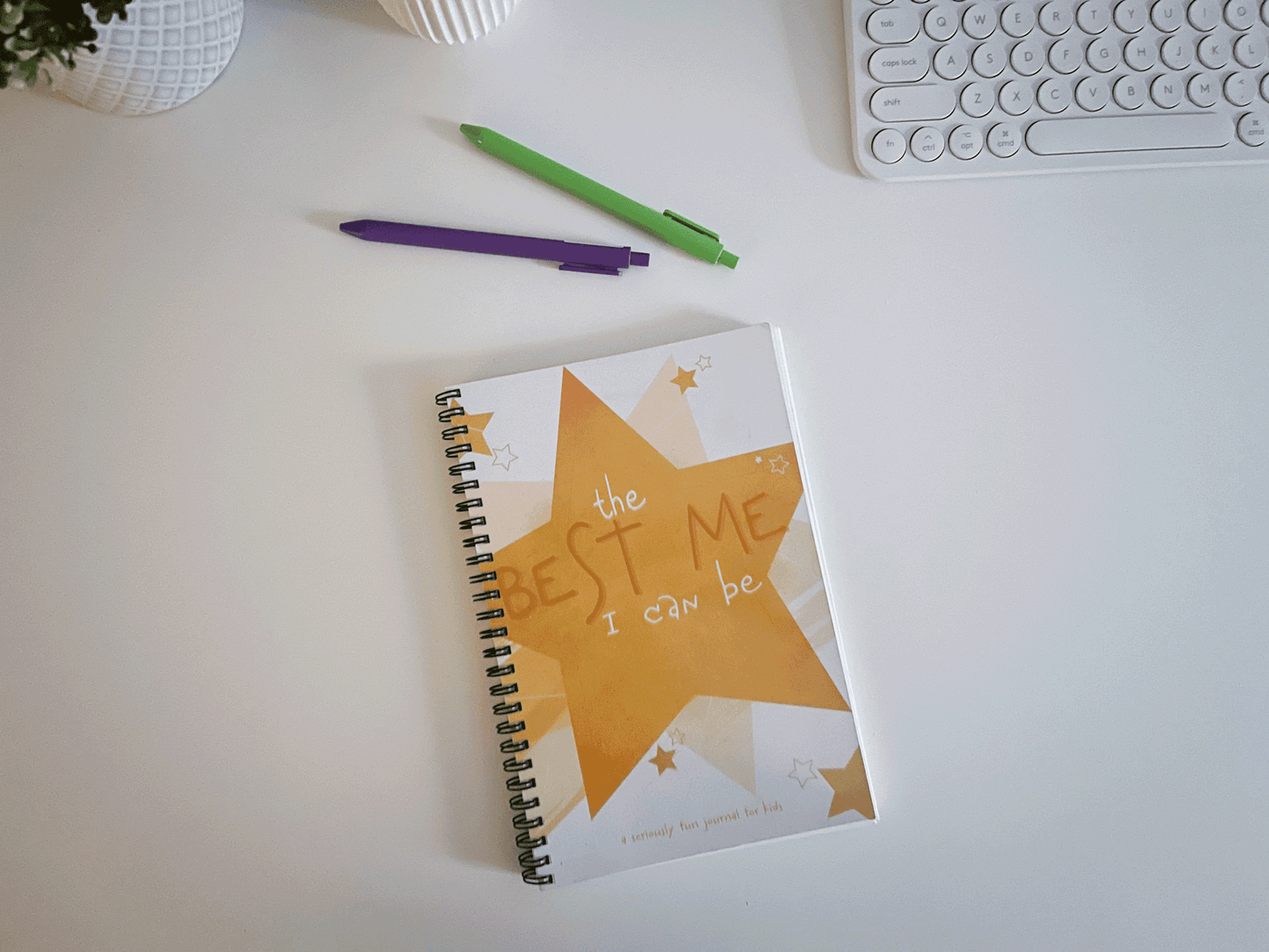The Web of Generosity
Antoinette Stein
While girls dreamed of the perfect romance and wedding, my sights from childhood were fixed on creating a vibrant, dynamic family. My knowledge from excellent parents, incredible mentors, and my psychology degree boiled down into one simple theory: give generously to your family members. The theory’s beauty is in its simplicity: by placing the needs of others above our own, we let other people win at our expense. And in healthy relationships, they are doing the same for us. Thus we create a web upholding others with our generous acts all the while being upheld by the generosity of others. While I still firmly believe that living out the generosity theory enhances the quality of life, I have found that its execution by us imperfect humans takes a lifetime of understanding and practice. So here are a few truths I have learned from my five years of marriage and two kids which help transform this theory into a reality.
1. Know What You Love.
A few weeks into our dating relationship, my husband returned from a family walk with my favorite citrus, a kumquat. My heart melted knowing though he rarely he sees his beloved sister, he was thinking of me. The longer I am married, the more I understand which generous acts speak to my heart.
Take time to get to know yourself and what makes you feel treasured. A kind word, a tender hug, a picnic in the living room or a helping hand in the kitchen may fill you up, enabling you to give in more rich, meaningful ways. Making and sharing lists of ways you and kin want others to show affection will help them know you more deeply. This deep understanding leads them to invest in your life in a way that renews your spirit and energy, thereby enabling you to freely give of yourself.
2. Crack their Code.
Sometimes I relate so well to my family. Other times I wonder if we are even from the same planet. Their ways of relating is like an encrypted code that needs to be deciphered. I have spent countless hours expressing love in a way that feels meaningless to my husband. In order to give generously, I must crack my family members’ codes so my words and actions are significant. When my family responds to me with smiles in their eyes, I know they feel treasured.
3. Beauty is in the Eye of the Beholder.
Every Friday for over 40 years, a co-worker’s husband delivered coffee and a dozen roses to his wife. There was only one problem. She hated it! Many women love receiving flowers, but for some reason my co-worker did not share this view. Likewise, things that make my husband feel valuable sometimes seem worthless to me and visa versa. Often we try to speak the other’s love language, but in uncomfortable situations, we can make things worse by relating only in the way we feel loved. Giving generously means finding a way to give that is beautiful to the recipient.
4. Be Gracious.
Learning to move out of your comfort zone to uphold others is challenging, messy and riddled with mistakes. Recognize and be grateful for the steps others are taking to meet your needs in a new way, and be patient with yourself as you begin to understand others better. Learning is respectful love!
5. Be Authentic.
When my husband expressed his desire to be asked more questions, I creatively incorporated questions into our marriage. We played games with questions, celebrated holidays getting to know each other better and I asked questions about almost every activity he did. After three years of asking questions, I was shocked to hear him repeat his request. Try as I may, I was not meeting my husband’s need. Learning to fill someone’s emotional bank account takes time and authenticity. Ask your family members how well you are filling their love buckets. Share with others what they are doing well and what may need adjusting, even if you do not yet know the change you desire.
6. Make the First Move.
Misunderstandings happen but the repercussions can be short lived if you put aside your pride and take steps toward reconciliation. Following the lead of my husband, I have been growing in this area. I see how most of our disagreements are simply two well-intentioned people with varying perspectives. By generously offering forgiveness and attempting to understand one another, we both grow in wisdom and understanding.
The best relationships are ones in which you understand others and are sincerely understood. To gain this, you must give generously of your whole self and embrace authentic conversations that over time bring you closer together. Only then can you rest in the web of support created from others’ generosity.





